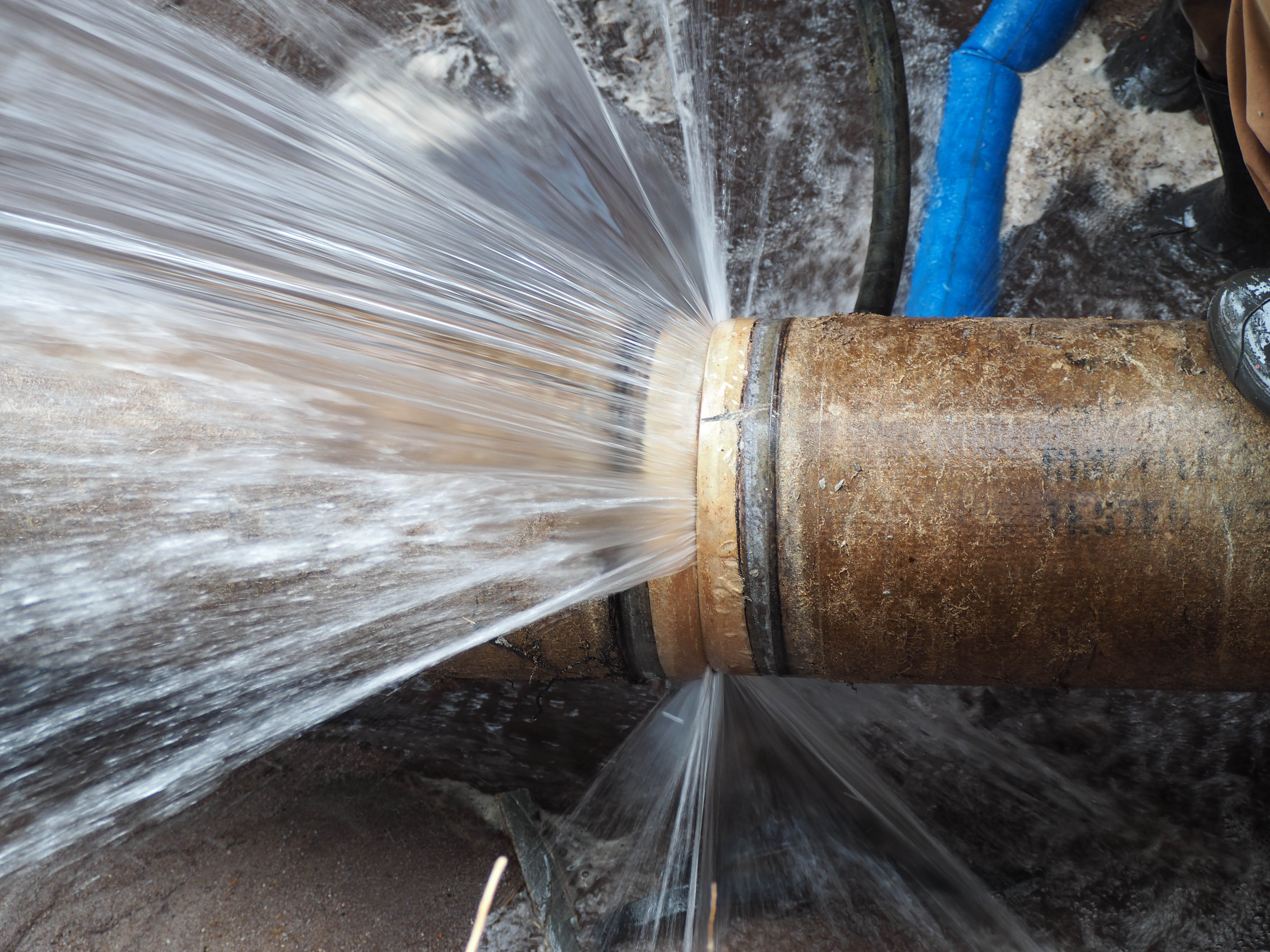Important Tips to Avoid Frozen Pipes in Winter: Specialist Guidance
Important Tips to Avoid Frozen Pipes in Winter: Specialist Guidance
Blog Article
They are making a number of great points relating to Prevent Frozen Pipes in general in this article which follows.

Winter can ruin your plumbing, particularly by freezing pipelines. Here's just how to avoid it from occurring and what to do if it does.
Introduction
As temperature levels drop, the threat of frozen pipelines increases, potentially leading to expensive repairs and water damage. Recognizing how to prevent frozen pipelines is essential for home owners in cool environments.
Comprehending Frozen Pipes
What causes pipelines to freeze?
Pipes ice up when subjected to temperatures listed below 32 ° F (0 ° C) for prolonged durations. As water inside the pipes ices up, it increases, putting pressure on the pipeline walls and potentially triggering them to rupture.
Risks and damages
Icy pipes can cause water interruptions, property damage, and costly repair services. Burst pipelines can flood homes and create considerable architectural damages.
Indications of Frozen Pipeline
Identifying icy pipelines early can prevent them from breaking.
Exactly how to recognize frozen pipelines
Try to find decreased water circulation from faucets, uncommon smells or noises from pipelines, and visible frost on exposed pipelines.
Prevention Tips
Protecting vulnerable pipes
Cover pipes in insulation sleeves or utilize warmth tape to safeguard them from freezing temperature levels. Concentrate on pipes in unheated or outside locations of the home.
Home heating techniques
Keep indoor rooms sufficiently warmed, specifically locations with pipes. Open up closet doors to allow cozy air to distribute around pipes under sinks.
Securing Outdoor Pipes
Garden pipes and outdoor faucets
Detach and drain pipes garden tubes before winter months. Set up frost-proof faucets or cover outdoor faucets with protected caps.
What to Do If Your Pipelines Freeze
Immediate actions to take
If you believe frozen pipes, maintain faucets available to alleviate stress as the ice melts. Use a hairdryer or towels taken in hot water to thaw pipes gradually.
Long-Term Solutions
Structural changes
Consider rerouting pipelines far from outside wall surfaces or unheated locations. Include additional insulation to attic rooms, basements, and crawl spaces.
Upgrading insulation
Buy high-quality insulation for pipes, attic rooms, and walls. Correct insulation assists maintain constant temperature levels and lowers the threat of icy pipelines.
Verdict
Preventing frozen pipelines calls for aggressive measures and quick responses. By understanding the causes, signs, and safety nets, home owners can shield their pipes during cold weather.
Helpful Tips to Prevent Frozen Pipes this Winter
UNDERSTANDING THE BASICS: WHY PIPES FREEZE AND WHY IT’S A PROBLEM
Water freezing inside pipes is common during the winter months, but understanding why pipes freeze, and the potential problems it can cause is crucial in preventing such incidents. This section will delve into the basics of why pipes freeze and the associated problems that may arise.
THE SCIENCE BEHIND FROZEN PIPES
When water reaches freezing temperatures, it undergoes a physical transformation and solidifies into ice. This expansion of water as it freezes is the primary reason pipes can burst. As the water inside the pipe freezes, it expands, creating immense pressure on the walls. If the pressure becomes too great, the pipe can crack or rupture, leading to leaks and water damage.
FACTORS THAT CONTRIBUTE TO PIPE FREEZING
Low Temperatures: Extremely cold weather, especially below freezing, increases the risk of pipes freezing. Uninsulated or Poorly Insulated Pipes: Pipes located in unheated areas, such as basements, crawl spaces, or attics, are more prone to freezing. Insufficient insulation or lack of insulation altogether exacerbates the problem. Exterior Wall Exposure: Pipes running along exterior walls are susceptible to freezing as they encounter colder temperatures outside. Lack of Heating or Temperature Regulation: Inadequate heating or inconsistent temperature control in your home can contribute to frozen pipes. PROBLEMS CAUSED BY FROZEN PIPES
- Pipe Bursting: As mentioned earlier, the expansion of water as it freezes can cause pipes to burst, resulting in significant water damage.
- Water Damage: When pipes burst, it can lead to flooding and water damage to your property, including walls, ceilings, flooring, and personal belongings.
- Structural Damage: Prolonged exposure to water from burst pipes can compromise the structural integrity of your home, leading to costly repairs.
- Mold and Mildew Growth: Excess moisture from water damage can create a favorable environment for mold and mildew growth, posing health risks to occupants.
- Disrupted Water Supply: Frozen pipes can also result in a complete or partial loss of water supply until the issue is resolved.
WHY CERTAIN PIPES ARE MORE PRONE TO FREEZING
- Location: Pipes located in unheated or poorly insulated areas, such as basements, crawl spaces, attics, or exterior walls, are at higher risk of freezing.
- Exterior Pipes: Outdoor pipes, such as those used for irrigation or exposed plumbing, are particularly vulnerable to freezing as they are directly exposed to the elements.
- Supply Lines: Pipes that carry water from the main water supply into your home, including the main water line, are critical to protect as freezing in these lines can affect your entire plumbing system.
- Underground Pipes: Pipes buried underground, such as those connected to sprinkler systems or outdoor faucets, can be susceptible to freezing if not properly insulated.
https://busybusy.com/blog/helpful-tips-to-prevent-frozen-pipes-this-winter/

I'm certainly very occupied with Prevent Frozen Pipes and I'm hoping you enjoyed reading the entire article. Do you know someone else who is truly interested in the niche? Please feel free to promote it. Thank you for taking the time to read it.
Click Here Report this page